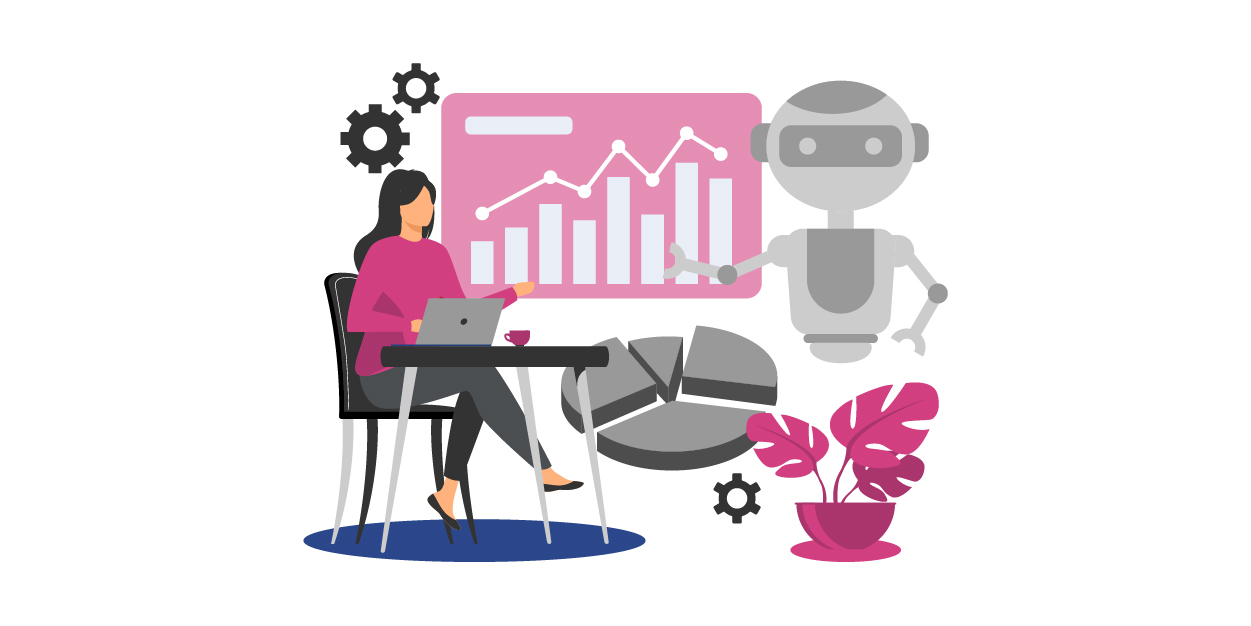In today’s global corporate world, the integration of Artificial Intelligence (AI) into the workplace is commonplace and used almost universally. Whether it is for invoicing, purchases, talent acquisition, employee management or data collection, companies everywhere are implementing solutions that make their lives easier with the help of digitization.

Artificial Intelligence (AI) in particular is rapidly changing the way Global HR and recruitment industry operates.
AI can help businesses augment their entire HR lifecycle from mapping talent needs to identifying the best ways to attract new talent while keeping existing talent on their teams engaged and happy. AI is also changing the way employers interact with candidates.
In this blog post, we will explore how AI is disrupting the HR and recruiting industries and how organizations can use AI to streamline their business practices and cover the below areas.
- Data-driven approach to Talent Acquisition
- Automation & Operational Efficiency
- Employee Engagement & Retention
- Perfecting Interviews (using dynamic assessments)
- HR’s Challenges in Adopting AI
Almost 40% of companies are using some form of AI in their HR department alone1
Data-driven approach in Talent Acquisition
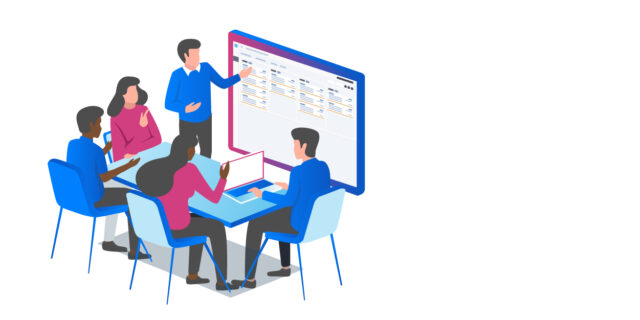
Organizations can leverage AI to predict the hiring needs for a specific department, or for the organization as a whole. This insight-driven prediction can help the recruitment team to prioritize better, and enable them to find talent faster.
Additionally, with the use of AI, companies can generate the right adverts that are targeted to attract the right talent. This will enable companies to match the right talent that will fit the role or the company’s culture, potentially saving substantial amounts of acquisition costs and attrition costs.
92% of HR leaders plan on using AI to acquire talent2
AI can help improve the HR and recruitment processes by predicting the talent needs of a company or department. AI can make insight-driven predictions that can be used to collect and analyze data on job vacancies and new team requirements from various departments. This would significantly help the HR team prioritize their hiring requirements.
80% of recruiters agree that AI could optimize the hiring process3
Artificial intelligence is also greatly impacting the data collection and analysis field in the recruitment sector. Recruiters who use AI-powered software have a significant advantage over those who do not, as the deployed system can collect and store data much more efficiently. Consequently, the recruiter can spend more time focusing on other aspects of the hiring process.
The adoption of AI-enabled systems in recruiting provides a more efficient search process, as well as improved tracking of candidates. This is because AI systems can be trained with large datasets to understand ideal candidate traits and can quickly identify the right candidates.
Automation and Operation Efficiency
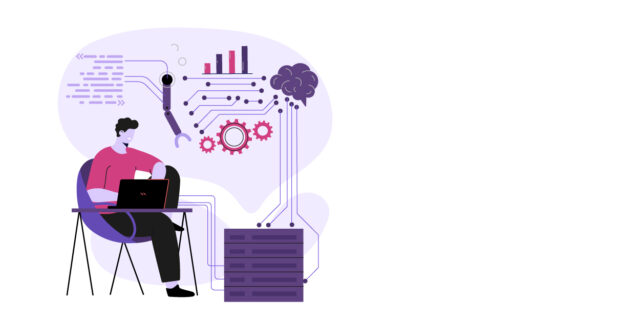
The amount of time spent on candidate outreach, as well as flag replies from high-priority candidates is phenomenal. The use of automation in recruiting help reduce this allowing recruiters to focus on real human interaction, rather than spending time on tasks that can be automated.
Additionally, having a team of trained HR professionals that are monitoring the automated workflows and solutions also help avoid any kind of bias or errors when dealing with enormous amounts of data.
56% of HR tasks can be automated with AI software4
AI is also being considered to automate other HR processes such as employee onboarding, interview scheduling, employee performance assessments and answering simple queries.
Employee Engagement and Retention
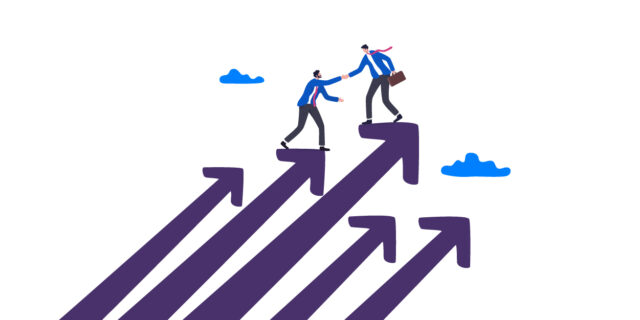
Organizations that leverage AI within their HR strategy have the ability to make data-driven decisions, eventually assisting in improving employee morale and build employee retention. Additionally, it provides organizations with the ability to assess the training needs of their employees and create re-skilling opportunities.
With the potential to help employees avoid burnout by automating monotonous tasks, this digital transformation route is on the top priority for the business and HR leaders.
A potential use case of using AI is to detect employee dissatisfaction and fluctuations in job performance that can help HR professionals predict when an employee might be thinking of quitting. This insight can be useful in developing better policies that promote career progression and growth.
Perfecting Interviews using Dynamic Assessments
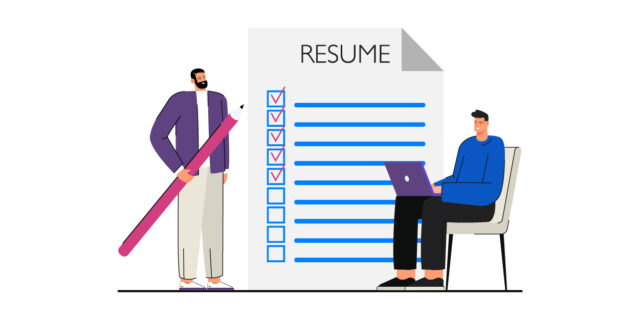
When an ideal candidate is found, the system may formulate the first contact email, but leave the outreach and follow-up to the AI. Likewise, artificial intelligence can run and analyze tests without difficulty as well as conduct an initial interview, but the recruiter might be better suited to judge the candidate’s compatibility with company culture.
AI can also be incorporated into the interviewing process. Companies are now sending ad-hoc test assessments to candidates as part of the interview process. This method allows both the recruiter and the candidate to see the results immediately and decreases the time taken to manually assess these tests.
HR’s Challenges in Adopting AI
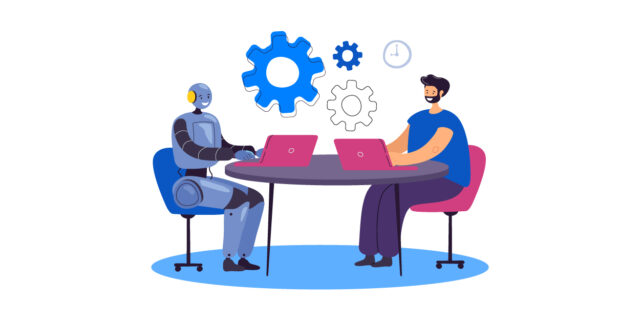
While the integration of AI into HR and recruitment practices will undoubtedly optimise workflow, there are certain challenges that cannot be ignored.
- AI cannot always choose the best candidate
While using AI to screen multiple resumes seems great, this can lead to the AI rejecting potential employees who may not fulfil all the desired job criteria but still have something to offer that can make up for it.
- AI only works the way it has been coded
There have already been multiple instances of AI technology exhibiting bias that has been pre-configured in the system. This ‘algorithmic bias’ can have major consequences when used by HR departments during recruitment. Therefore, care must be taken to ensure that all the data being fed to the AI software must be accurate and considers potential real-life work-based scenarios as far as possible.
- The ethics surrounding AI usage is still under debate:
The use of artificial intelligence (AI) in talent acquisition can lead to biased hiring practices unless great care is taken to avoid it. The problem is that AI technology “learns” from the algorithms that it processes. So it could unintentionally take on the biases of its programmer.
There have also been debates around how much AI implementation will affect a company’s employee structure. Using AI to automate processes may lead to some employees being let go as their jobs are now automated.
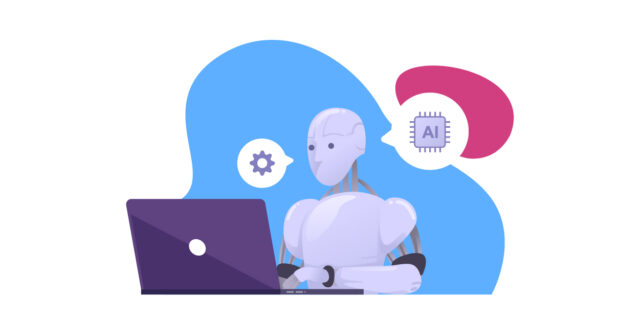
9 out of 10 recruiters in the UAE believe that the recruitment process will be fully online in the future5
Using AI as part of the recruitment process is now a global phenomenon. The USA is already developing AI-based internships programs that will train future employees in working and managing AI solutions.
In countries like Estonia, approximately 72%6 of candidates who were hired using AI systems remained in the company 6 months later compared to those who were hired manually.
The future success of AI-powered HR solutions rely heavily on the integration of humans and machines. This will be crucial for addressing any machine-related issues and discrepancies while still maintaining the “human” element of Human Resources.
There is no doubt that artificial intelligence (AI) is rapidly evolving and changing the landscape of the workforce. As AI continues to grow and develop, it will demand that workers upskill themselves, to remain employable. This means that employees will need to continuously learn new skills to keep up with the changes in the workforce.
In conclusion, AI will have a significant impact on the HR and recruiting industries. The technology will automate many tasks and make it easier for companies to find and hire candidates. However, there will still be a need for human involvement in the process, as AI cannot replace the critical role that humans play in building relationships and making decisions.
Learn more about our AI & HR solutions.
Want to work with us? Send us an email at: contact@linked4hr.com


